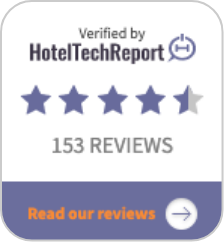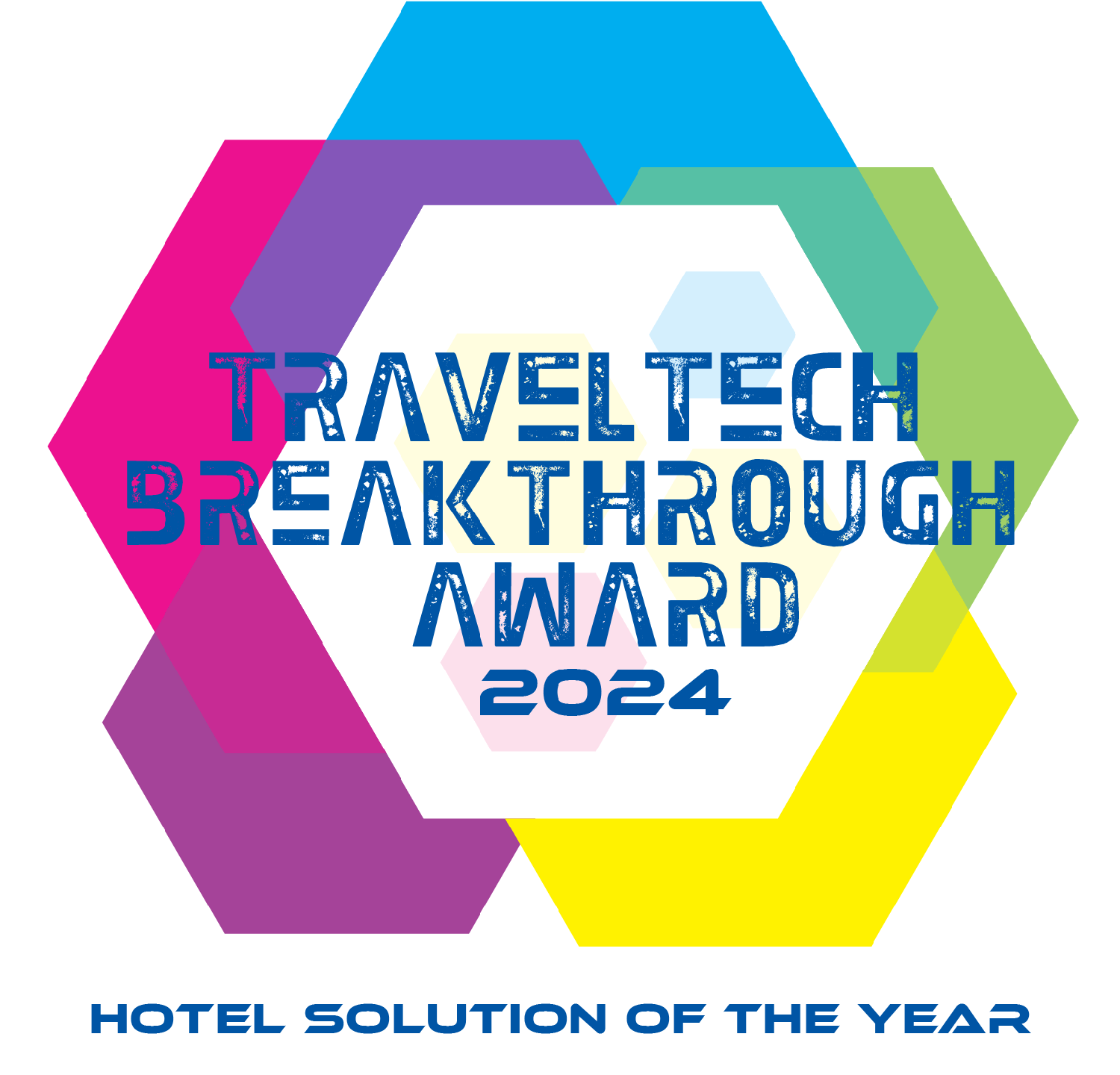Luxury travel is booming: high-price trips are the strongest-growing market. An incredible 46 million international luxury trips were taken in 2014 (worth $148.62 billion); by 2021 luxury trips are anticipated to reach a value of $195.27 billion.
But who is the high-end luxury hotel guest and what are their expectations? Luxury or high-end travelers are primarily defined by household income and net worth i.e. a minimum annual household income of $250,000 and a minimum net worth of $2,000,000. They are people who typically fly first class and stay in 4 and 5-Star hotels; they comprise of baby boomers (44%) and emerging Millennial’s (>10%); they have a particular lifestyle and corresponding attitudes with respect to the quality of travel services and experiences they are seeking.
We all have a particular vision of the high-end traveler whether it’s a lavish watch exposed by a plush, well-tailored sleeve; their pet arriving curb side in a leather dog carrier or the car that costs roughly the price of a small mortgage. But is this view really fair? It is true that their desire and expectations for personalized service and the human touch are higher than ever. In responses to the American Express survey, conducted by the Futures Company, 93% of consumers said human touch is irreplaceable. But another truth is that these travelers are also quite tech-savvy. There is a great probability that they will have the newest and latest devices on the market.
“Tastes evolve and change. People’s idea of luxury still includes elements of space, comfort, and quality, but increasingly involves cutting-edge technology.” David Pretty erstwhile Chief Executive of the UK’s Barratt Group. High-end luxury travelers want a seamless unobtrusive digital experience, married with an exceptional personal service. “High-touch becomes even more important as devices become ubiquitous. And linking those two together is the critical piece.” Claire Bennett, Executive VP of American Express Travel and Lifestyle Services.
So how can the two (personal service + technology) be integrated? While there are the physical elements, such as smart in-room technology, USB ports and charging stations, the expectation of fast and robust Wi-Fi, etc., the service integration really comes down to hotel operations and their use of technology to interact and connect with guests; whether it’s using customer data to anticipate future guest requirements, employing ground service agents armed with iPads to check guests in as they arrive to speed up the check-in process, using intuitive software to communicate with housekeeping, etc.
Then there is the hotel’s use of technology to deliver choice and personalization is expected to be major brand differentiator. According to Amadeus, “Personalization is where the guest is given choice over almost every aspect of their hotel experience.” Horst Schulze, who made Ritz Carlton into a synonym for high end luxury, describes the paradox of delivery a luxury hospitality experience, “Highly active yet private, tranquil but exciting, confidently delivered but not arrogant, distinct while being familiar, all the latest technology yet feeling timeless, not trendy.”
So it should not surprising to see the traditional luxury service hotels being the first to embrace guest self-service and staff mobility applications. These service leaders know that you need to give the guests what they want!












